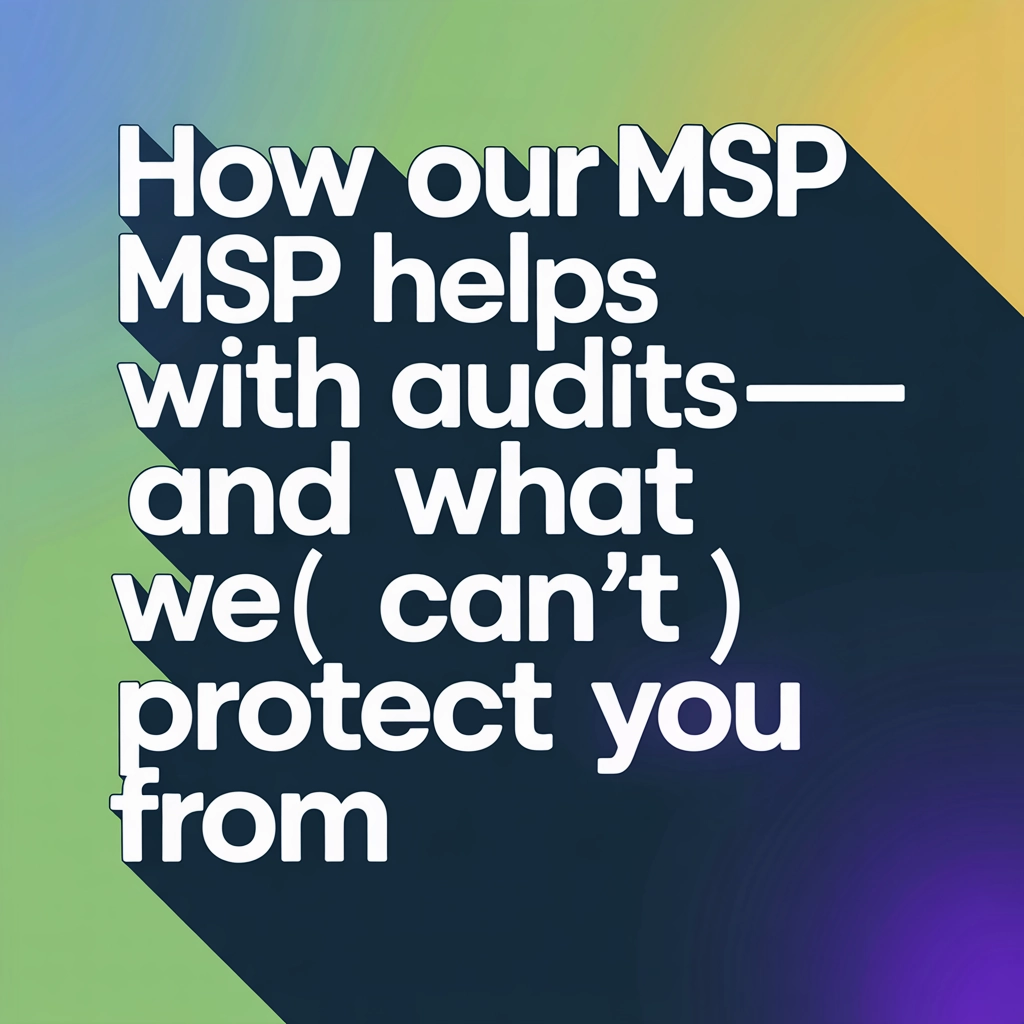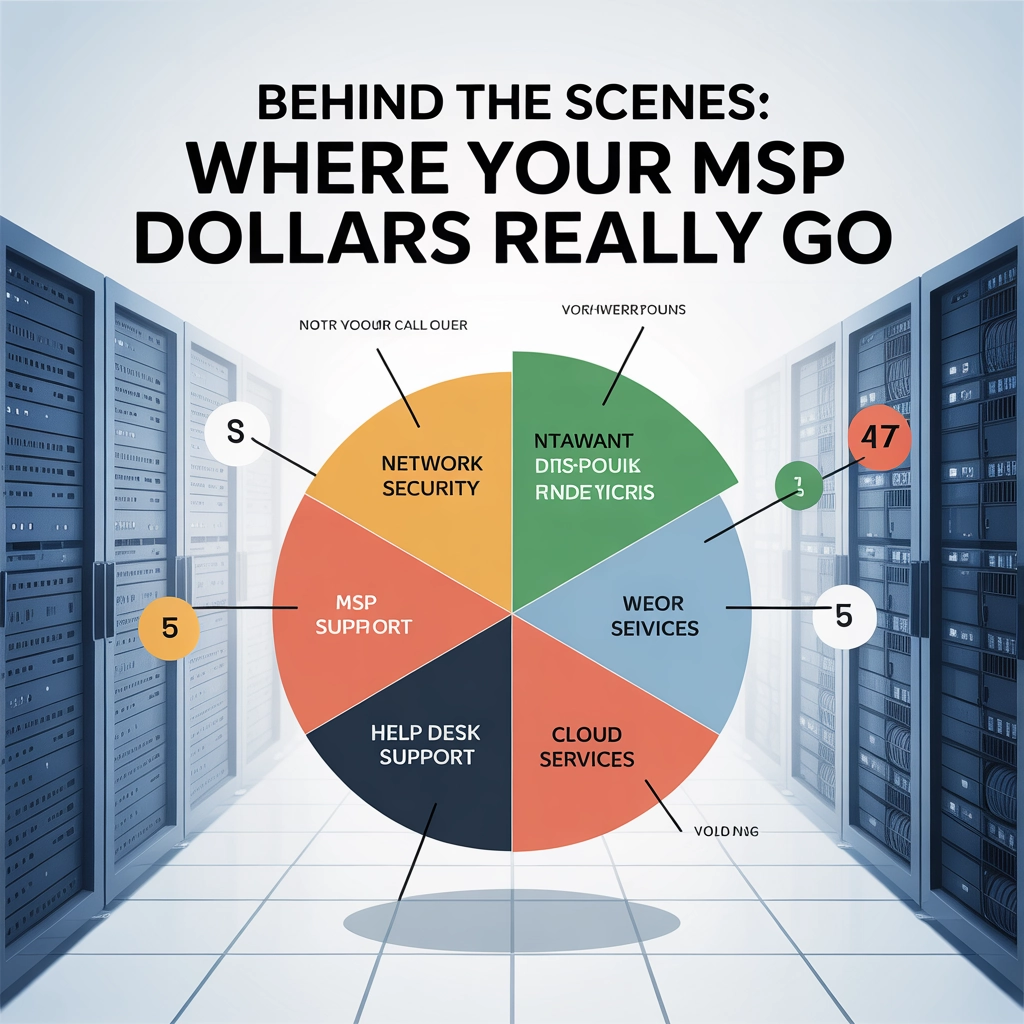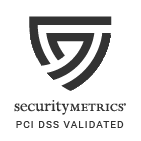When it comes to IP addresses on your network, you are most likely to come across two phrases: public and private.
To begin, let us define what an IP address is. IP addresses are numeric network identifiers that identify your device, much like your street address. The router or gateway DHCP service—the addressing service—assigns IP addresses. Notably, IP addresses are somewhat interchangeable, and your IP address will vary depending on the network you are connected to.
IP addresses are also dynamic and may change periodically on the same network if your IP needs to be used. There is also static IP addressing, which is set either on your local device or your router to maintain a specific IP for a specific device while it is connected to a network; for example, a printer may want to maintain a specific IP so that it does not lose connectivity.
A public IP address is the IP address assigned to your entire network by your internet service provider. Your public IP address is reachable via the internet. However, you shouldn’t worry because your router’s firewall will shield anything connected to it from the outside world. Network address translation (NAT) is used by your router to make the single IP address provided by your ISP work for all of your networked devices. Without NAT, only one device would have internet, the one connected to your modem. Your router addresses each individual device by its private IP, then translates traffic via NAT to the public devices need to access the internet.
Each device on your network can also communicate with other devices via their private IP addresses. However, external parties are unable to communicate with your local network devices without an exception on your router or firewall, which is not enabled by default on any router.
So what information can we gather from IP addresses? Private IP addresses can point to specific details about the device they’re assigned to, but only for someone else currently on your network. If you have a strong WiFi password, this isn’t a big deal. Your public IP, on the other hand, can reveal your physical location, so it’s important not to purposely disclose your public IP to untrusted parties or commit cyber crimes from your house.
Want to see what your IP reveals in raw data? Check out ipleak.net
This article is intended to inform you; there is no reason to be paranoid about your IP address, just as there is no reason to be paranoid about your home address.
We’ll be covering additional cyber security-related topics in upcoming articles, so be sure to sign up for email alerts over on the right. Also, the search bar over there on the right can be used to look for older posts on the blog that relate to passwords and other security-related posts.
Share this:
- Click to share on Facebook (Opens in new window) Facebook
- Click to share on Tumblr (Opens in new window) Tumblr
- Click to share on X (Opens in new window) X
- Click to share on Pocket (Opens in new window) Pocket
- Click to share on Pinterest (Opens in new window) Pinterest
- Click to share on LinkedIn (Opens in new window) LinkedIn








